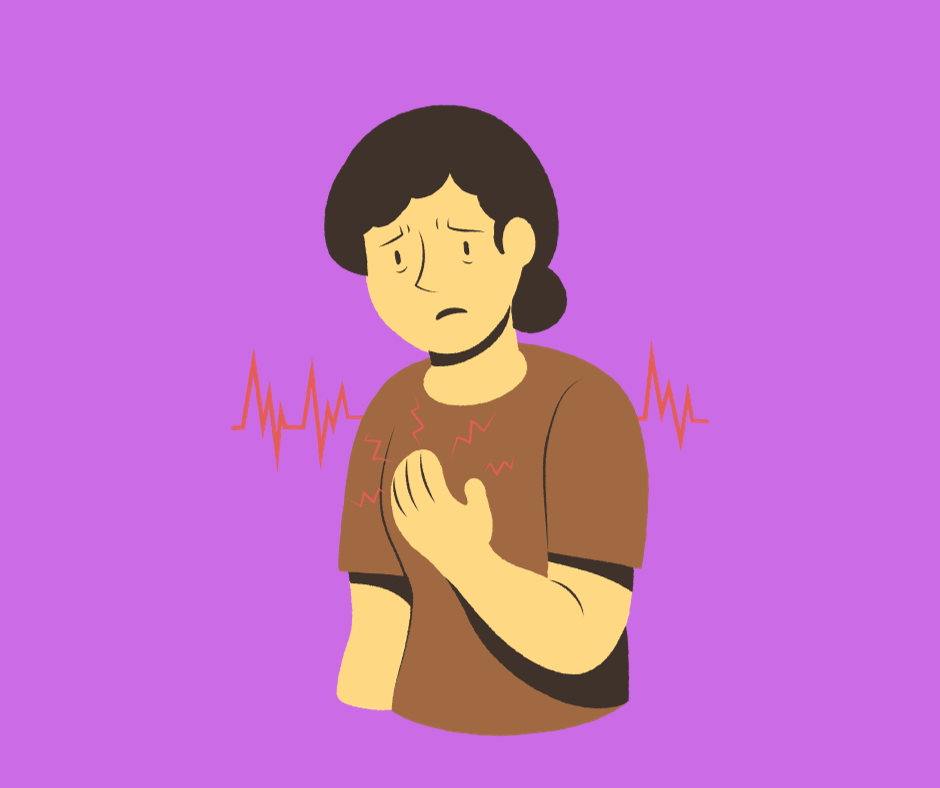Understanding Atrial Fibrillation: Causes, Symptoms, and Treatment Options

Introduction
Atrial fibrillation (AFib) is a common heart condition that affects millions of people worldwide. In this article, we will delve into the intricacies of AFib, exploring its causes, symptoms, and various treatment options available.
What is Atrial Fibrillation?
Atrial fibrillation is a cardiac arrhythmia characterized by irregular and often rapid heartbeats. Instead of the heart's normal, coordinated contraction, the upper chambers (atria) quiver chaotically, leading to an irregular heartbeat.
Causes of Atrial Fibrillation
Age and Gender
AFib is more prevalent in individuals over the age of 60, and it tends to affect men slightly more than women.
High Blood Pressure
Uncontrolled high blood pressure is a significant risk factor for AFib.
Heart Disease
Conditions such as coronary artery disease and congestive heart failure can lead to the development of AFib.
Thyroid Disorders
An overactive thyroid gland (hyperthyroidism) can trigger atrial fibrillation.
Recognizing the Symptoms
Palpitations
A fluttering or thumping sensation in the chest is a common symptom of AFib.
Fatigue and Weakness
People with AFib may experience unexplained tiredness, even after adequate rest.
Shortness of Breath
Breathlessness, especially during physical activity, can be an indication of AFib.
Dizziness or Fainting
In some cases, AFib can lead to lightheadedness or loss of consciousness.
Diagnosing Atrial Fibrillation
Electrocardiogram (ECG or EKG)
This non-invasive test records the electrical activity of the heart and can detect irregular rhythms.
Holter Monitor
A portable device worn for an extended period to monitor heart activity.
Blood Tests
These can identify underlying causes of AFib, such as thyroid issues.
Treatment Options
Medications
Anti-arrhythmic drugs help regulate heart rhythm, while anticoagulants reduce the risk of blood clots.
Cardioversion
This procedure uses electric shocks or medications to restore normal heart rhythm.
Ablation Therapy
A minimally invasive procedure that targets the areas of the heart causing abnormal rhythms.
Pacemaker
In some cases, a pacemaker is implanted to regulate heartbeats.
Lifestyle Changes for Managing AFib
Healthy Diet
A balanced diet low in sodium and saturated fats can help control blood pressure.
Regular Exercise
Engaging in moderate physical activity can improve overall heart health.
Stress Management
Techniques like deep breathing, meditation, and yoga can help reduce stress levels.
Conclusion
Atrial fibrillation is a complex heart condition that requires careful management. Understanding its causes, recognizing its symptoms, and exploring treatment options are crucial steps towards a healthier heart.
FAQs
1. Can AFib be completely cured?
Currently, there is no known cure for AFib, but it can be effectively managed with the right treatment plan.
2. Is AFib a life-threatening condition?
While AFib itself is not usually life-threatening, it can lead to complications if left untreated.
3. Can lifestyle changes alone control AFib?
In some cases, adopting a healthier lifestyle may be sufficient, but many individuals with AFib require medical intervention.
4. Is AFib more common in certain ethnic groups?
Yes, some ethnicities have a higher predisposition to AFib, but it can affect individuals of any race or ethnicity.
5. Can stress trigger AFib episodes?
Yes, stress and anxiety can be triggers for AFib episodes, so managing stress is an important aspect of treatment.